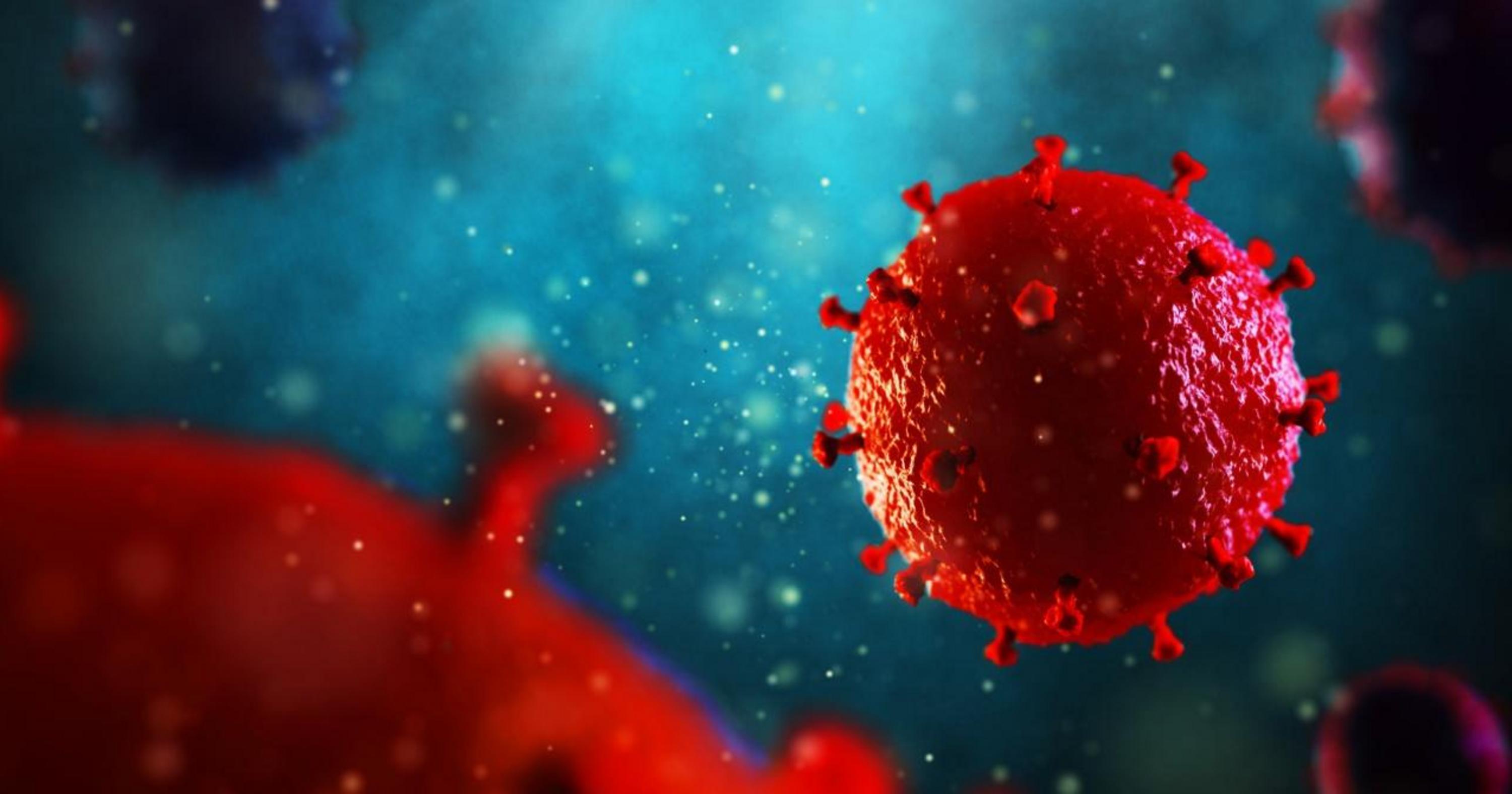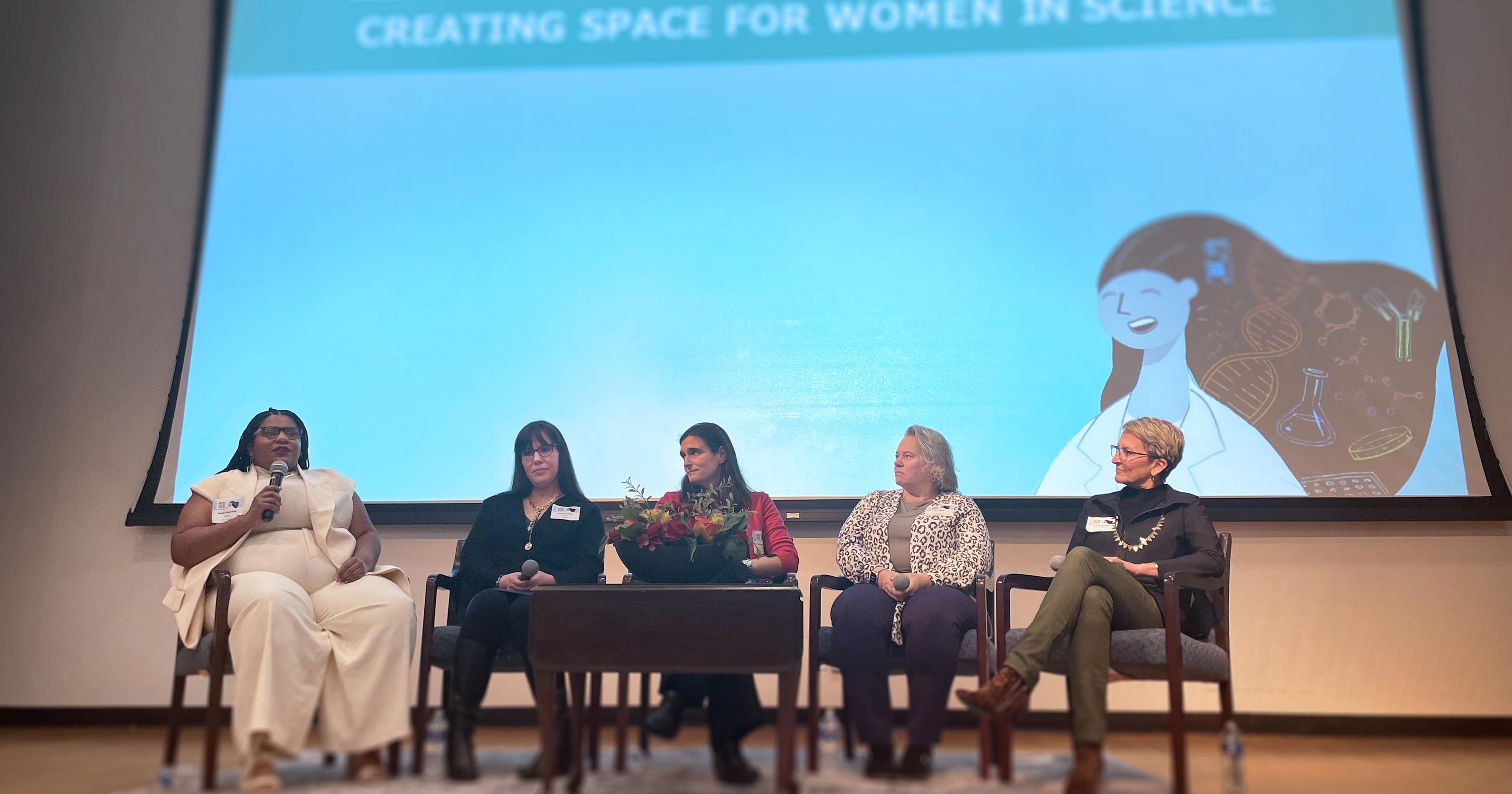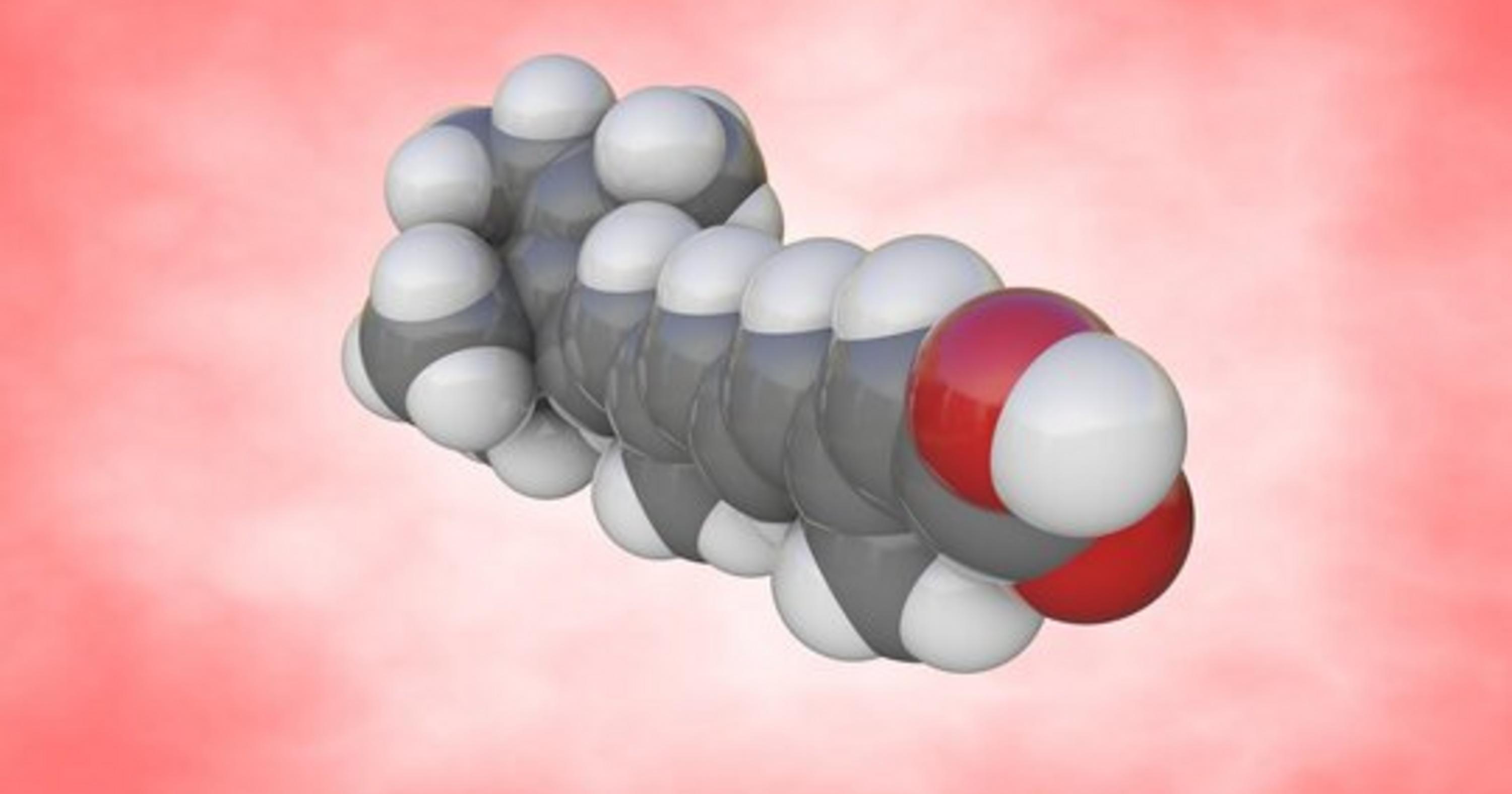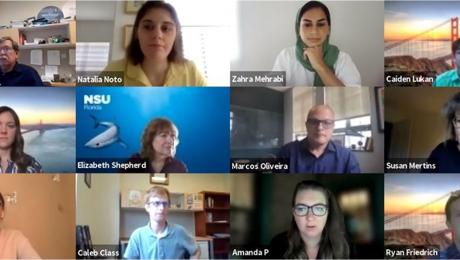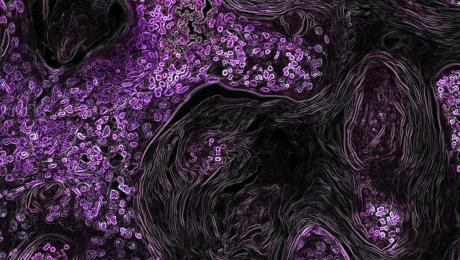All News
Technical Service Program provides researchers worldwide with access to unique services
Partnership Development Office, AIDS and Cancer Virus Program, Nanotechnology Characterization Laboratory, Laboratory Animal Sciences ProgramPosted 9/9/2021The Frederick National Laboratory for Cancer Research (FNL) not only tackles some of the world’s greatest biomedical challenges but also serves as a shared national resource to enable high-quality research beyond its walls. One way FNL does this is through the Technical Services Program.
The Technical Services Program gives investigators worldwide access to some of FNL’s…
In cancer first: Two heads are better than one
Basic Science ProgramPosted 9/1/2021Their study started to unravel the riddle of how cancers spread, demonstrating that tumors are comprised of different types of cells, or heterogeneous. Up to this point it was thought that cancer cells in a tumor were identical to each other.
The work conducted by husband-and-wife Isaiah (Josh) Fidler, D.V.M., Ph.D., and Margaret Kripke, Ph.D., in Frederick would…
Collaborative seroprevalence study highlights Protein Expression Laboratory’s capabilities
Protein Expression Laboratory, Cancer Research Technology ProgramPosted 8/25/2021In a recent study that sought to measure antibody prevalence in participants who had not previously been diagnosed with a SARS-CoV-2 infection, a team of National Institutes of Health researchers reported that for every person diagnosed with COVID-19 in the spring and summer of 2020, it’s estimated that five additional people infected with the virus went undiagnosed. This…
Second annual ATOM summer training program empowers and equips students
Cancer Data Science InitiativesPosted 8/24/2021Six graduate students from Butler University and Nova Southeastern University completed a virtual 10-week summer training program with the Accelerating Opportunities for Therapeutics in Medicine (ATOM) Consortium at the end of July. Their efforts are the latest part of ATOM’s mission to put accelerated, computer-based pharmaceutical discovery in the hands of the scientific…
Risk factor identified for disease disproportionately affecting African Americans
Basic Science ProgramPosted 8/9/2021Frederick National Laboratory (FNL) scientists and their colleagues have identified a genetic risk factor for a dangerous blood pressure disorder in pregnant women of African descent, who are three times as likely to develop the disorder as White women.
The scientists reported in the June issue of the American Journal of Kidney Diseases that when mothers of African descent…
Newly published metadata standards for biological imaging aim to make data sets more accessible
Cancer Research Technology ProgramPosted 8/9/2021Meta tags are used on web pages. Metadata is added to photographs. Both help people find, use, and reuse these digital assets. Scientists say the same is needed for image data in biology, and urgently so.
“A single imaging data set could be a thousand images,” said Frederick National Laboratory imaging scientist Kedar Narayan. “Someone might say they don’t want the full…
RAS Initiative: An ambitious model eight years in
Posted 8/3/2021Across the world, conferencing software flicked open on computer screens. It was 8 a.m. in San Francisco, 11 a.m. in Frederick, 5 p.m. in Madrid, 11 p.m. in Hong Kong. The first day of the Third National Cancer Institute RAS Initiative Symposium was about to begin. Time zones notwithstanding, scientists and onlookers were tuning in from offices, studies, and living rooms to…
Study shows disruption to cancer screenings during initial wave of COVID-19 pandemic
Clinical Monitoring Research ProgramPosted 7/26/2021The initial response to the COVID-19 pandemic disrupted cancer screenings as it caused many countries to suspend services following government guidance and to reallocate screening resources, a new study shows.
“The full impact of the suspension of the screening and what this dynamic is going to mean in cancer in general is still to be seen,” said Douglas Puricelli Perin,…
Collaborative study puts Chernobyl hereditary mutation fears to rest
Clinical Research DirectoratePosted 7/13/2021Cleanup workers and others exposed to radiation from the Chernobyl nuclear accident in 1986 are unlikely to pass any genetic damage on to future generations, according to a new study.
“This is good news for the people of Eastern Europe,” said Frederick National Laboratory scientist Meredith Yeager, first author on the multi-institutional study led by Stephen Chanock of the…
Partnership seeks to develop KRAS degraders for cancer therapy
Partnership Development OfficePosted 6/22/2021The Frederick National Laboratory for Cancer Research and biotech company Progenra, Inc., recently signed a contractor Cooperative Research and Development Agreement (cCRADA) to develop a novel therapy that could be capable of degrading KRAS.
The human KRAS gene is one of the most elusive and potentially promising cancer therapy targets. KRAS mutations drive multiple…

